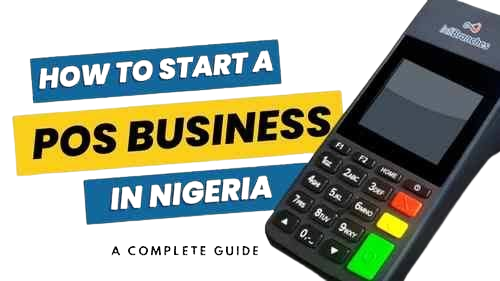
How Can I Start a Catering Business?
Starting a catering business can be an exciting way to turn your love of food into a career. If you enjoy cooking and want a flexible way to earn money, this could be the perfect choice for you. But how can you start a catering business? This guide will break it down into simple steps to help you get started.
What Is Catering?
Catering means preparing and serving food for events. These can include weddings, parties, or business meetings. You may cook at the event location or prepare food at home and deliver it. Your job is to make sure the food is tasty, safe, and on time.
Steps to Start a Catering Business
1. Understand the Rules
Before you start, learn the rules in your area. Some places do not allow you to cook for others in a home kitchen. Check with your local health department to see what is allowed. They may have specific requirements, such as special sinks, surfaces, or ventilation.
If your home kitchen does not meet the rules, you might need to rent a commercial kitchen. Look for kitchens in churches, community centers, or restaurants. These can be more affordable than building your own.
2. Create a Plan
Every business needs a plan. Think about the kind of events you want to cater. Will you focus on small dinner parties or large weddings? Decide how much time you can spend on your business. Some people start part-time and grow later.
You also need to plan your menu. Choose dishes you can cook well and that travel easily if you’re delivering food. A simple menu can make your work easier while giving your customers great options.
3. Set Your Budget
Starting a catering business costs money, but it doesn’t have to break the bank. Start small. Use equipment you already have or buy second-hand items. You may need extra pans, serving trays, or a larger refrigerator.
Think about other costs too. These might include food, permits, or insurance. If you need help covering startup costs, you could apply for a small business loan.
4. Get the Necessary Licenses
Most areas require businesses to have a license. Contact your city or county office to learn what you need. If you plan to serve alcohol at events, you may need a liquor license too.
You might also need a food handler’s permit or a health inspection. Following these rules will protect your business and make sure your customers stay safe.
5. Protect Your Business
Liability insurance is important. This protects you if something goes wrong, like a customer getting sick. Check with an insurance company to learn what kind of coverage you need.
If you run your business from home, update your homeowner’s insurance. Running a business can change what your current policy covers.
6. Choose a Business Name
Pick a name that is easy to remember. Make sure no one else is using it. Check online and with your state’s business office. A good name can help customers find and remember you.
Once you have a name, register your business. You may also need an Employer Identification Number (EIN) for tax purposes.
7. Market Your Business
To get customers, you need to let people know about your business. Start by creating a simple website. Show pictures of your food, list your menu, and share your story.
Social media is another great way to attract customers. Post photos of your dishes and events. Use local hashtags to reach people in your area. If you’re targeting an older audience, consider newspaper ads or flyers.
8. Build a Network
Work with local vendors to get the supplies you need. This includes food, plates, and linens. Building good relationships can help you get better deals and reliable service.
You can also partner with event planners. They can recommend your business to their clients. Word of mouth is a powerful tool in the catering industry.
9. Start Small
When you’re just starting, focus on small events. These are easier to manage and help you build your reputation. Make sure every dish is delicious and every customer is happy. Happy customers are more likely to recommend you to others.
How Much Can You Earn?
Your income depends on how many events you cater and their size. A small catering business might serve one event a month. Larger businesses may cater events every weekend. Decide how much time you want to spend and plan accordingly.
To price your services, add up your costs. This includes food, labor, and other expenses like insurance. Make sure you charge enough to cover these costs and make a profit.
Final Tips for Success
Starting a catering business takes work, but it can be rewarding. Stay organized, follow the rules, and focus on your customers. With time and effort, you can build a business that helps people celebrate their special moments with great food.
Now that you know how to start a catering business, it’s time to take the first step. Begin planning today, and you’ll be on your way to a successful catering career.


